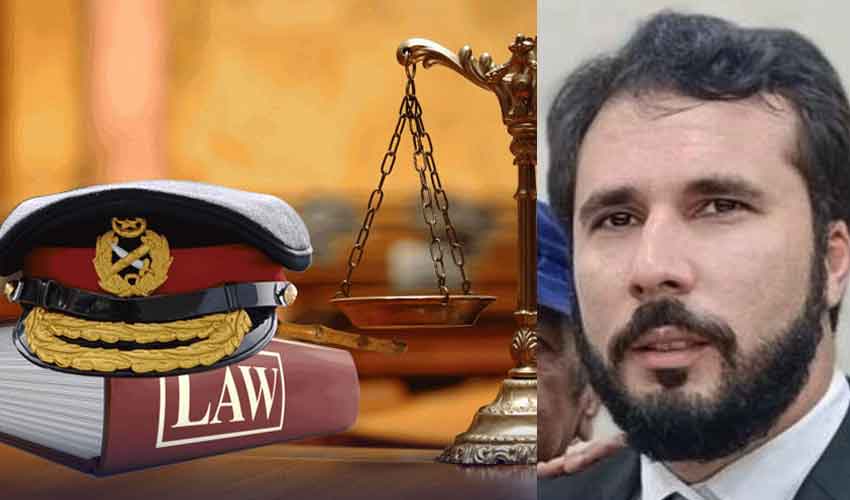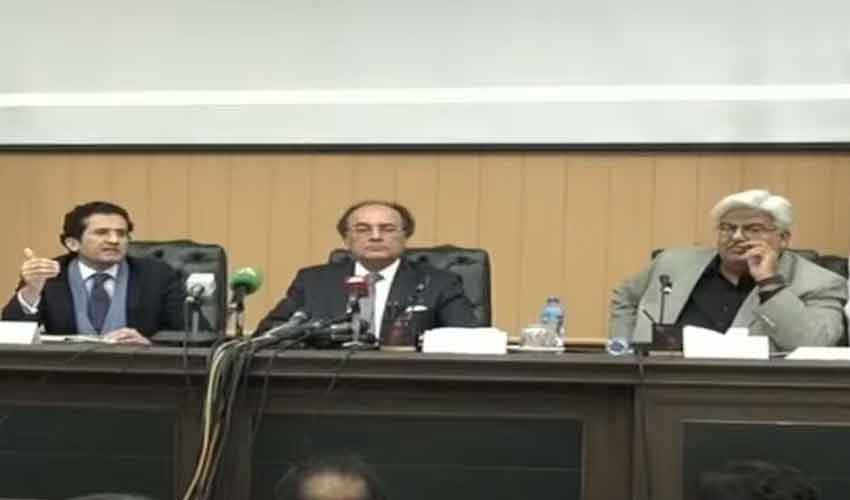Telegram CEO Pavel Durov has launched an initiative to provide free IVF services for women interested in using his sperm, aiming to assist those struggling with infertility.
Pavel Durov, the enigmatic CEO of the widely used messaging app Telegram, has set out on a unique philanthropic venture that has garnered attention far beyond the tech world. Durov is now offering free IVF (In Vitro Fertilization) treatments for women who choose to use his sperm, with the full cost of the procedure covered by him.
Teaming up with Altravita, a renowned fertility clinic, Durov’s initiative aims to help women facing difficulties conceiving. Altravita, which holds exclusive rights to store and use his sperm, is providing the IVF treatments with a focus on high-quality care and cutting-edge technology to ensure the best possible success rates.
“This is an opportunity to help people who are looking to start a family and are facing challenges with traditional methods of conception,” Durov explained. The clinic promises that women who qualify for the program will receive expert care and personalized support throughout the process. To be eligible, women must be under the age of 37 and in good health. After an initial consultation, they will be guided through the IVF journey with the assistance of Altravita’s experienced medical team.
This offer is rooted in Durov’s longstanding commitment to sperm donation. In a recent post on his Telegram channel, Durov shared a personal anecdote about his previous donations. “I was just told that I have over 100 biological children. How is this possible for a guy who has never been married and prefers to live alone?” he mused, highlighting his unconventional path to becoming a donor. His journey began 15 years ago when a close friend, unable to conceive with his wife, asked Durov for sperm. Initially skeptical, Durov agreed, and this small act led to a much larger impact, benefiting families across the globe.
Over the years, Durov has become a prolific donor, helping more than 100 families in 12 countries. The shortage of healthy sperm, especially for couples seeking donors, has become a growing concern worldwide. Durov’s decision to make his sperm available is seen as a response to this crisis, with his donations contributing to alleviating the shortage of high-quality donor material.
“I’m proud that I did my part to help solve this issue,” Durov said. “It’s something that should be normalized, and I hope my efforts will encourage others to consider donating.”
Durov’s initiative is not just about helping families—it is also part of his larger mission to destigmatize sperm donation. He believes that the act of donation should be celebrated as a valuable resource for those struggling with infertility, rather than something to be shamed.
“Defy convention—redefine the norm!” he said, urging other healthy men to follow his lead and consider sperm donation.
While some might view Durov’s gesture as unconventional or even eccentric, there is no denying the significant impact it could have on the lives of those unable to conceive. For many, his offer provides not just a chance for a child but also an opportunity to challenge societal norms surrounding reproduction.



























